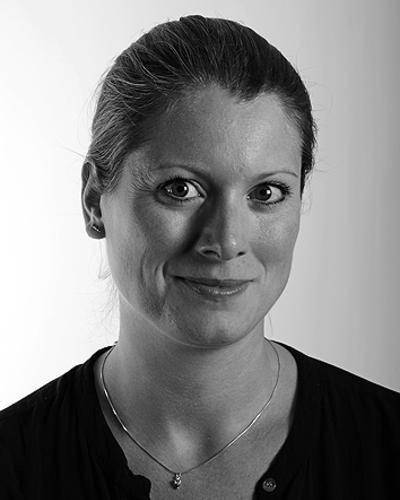About the ENMARINE project
Below you will find a brief project description for the ENMARINE project.

Main content
Environmental Sustainability, Marine Economies and Gendered Socio-Economic Inequalities (ENMARINE): A Norway-Brazil Partnership in Research and Teaching is an interdisciplinary strategic partnership in teaching and research development, thematically focused on the intersections between environmental sustainability, marine economics, and gendered socio-economic inequalities.
The project defines marine economies as the extraction and harvesting of marine resources, but also economic activities that encroach upon marine space, such as offshore renewable and non-renewable resource extraction, industrial development, and sea-based trade. The growing complexity of economic activities taking place at various scales and amongst unequally positioned actors in and adjacent to marine space, combined with the effects of climate change and environmental degradation, calls for fine-grained research on how different forms of economic activity co-exist and enter into conflict, and the complex and accumulative effects that this has upon the environment, eco-systems, communities and broader society.
A gendered analytical framework
ENMARINE aims to expand this field of research by developing an explicitly gendered analytical framework capable of capturing the different forms of inequality that these processes produce. The project is a collaboration between the Department of Social Anthropology, University of Bergen (UiB), and the Department of Oceanography and the Department of Education, Universidade Federal do Rio Grande (FURG) in Brazil.
The project is structured around student-, PhD-, and researcher mobility between Norway and Brazil, collaboration in teaching and supervision, development of joint research publications- and projects, and the establishment of an international, long-term and leading research network and research environment. The project will also build networks with stakeholders in politics and business, NGOs, civil society, and other relevant actors.



